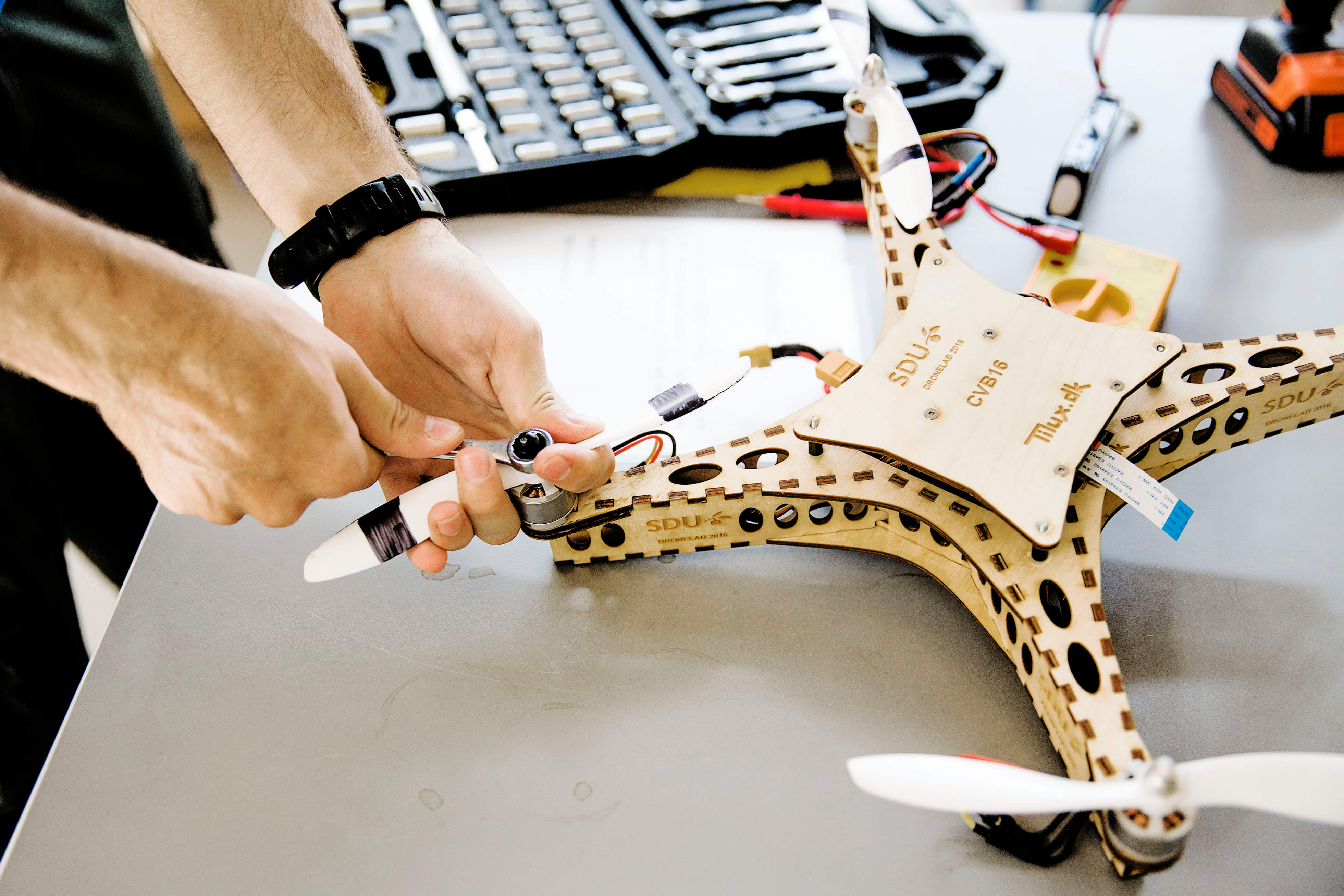
From structural steels to computer microchips, materials science continues to transform industries that drive civilisations forward. As metals, polymers, semiconductors, and ceramics are the building blocks of engineering, material scientists must possess a deep understanding that begins at the molecular level. This knowledge keeps their curiosity alive and abilities versatile; like the materials they work with, their adaptability is their greatest strength.
In Industry 4.0, materials expertise will become even more valuable to a greater variety of organisations. If you want to be a part of this materials revolution, your journey should begin in one of these four leading departments across Europe. Their materials science postgraduate programmes continue to produce career-ready graduates with proven employability skills.
IMPERIAL COLLEGE LONDON
Imperial College London’s offering ranks fifth in the UK according to the Complete University Guide 2021, and eighth in the world based on QS World University Rankings 2021 . Based in central London, an MSc degree in a world-leading Materials Department can allow you to explore unique opportunities in the world of materials science and engineering within a tight-knit community of international students and successful alumni.

Source: Imperial College London
In the MSc in Advanced Materials Science and Engineering, you will dive deeper into the key properties of different materials — such as structural, thermal, morphological, and chemical. Whether your interest is in research or commercialisation, the programme will equip you with the ability to research, design, assess, implement, and review solutions to real-life engineering problems across a wide range of materials.
The Department of Materials prides itself on state-of-the-art research and teaching facilities. As an MSc candidate, you will explore lab equipment in the Advanced Characterisation Facility Suite to support your research. You will also get the chance to undertake a specially-developed research project which will introduce you to an active research area.During the project, you will join a research group in the department to explore your area of interest, led by one of Imperial’s distinguished researchers. The project you choose enables you to work alongside and learn from postgraduate researchers and postdoctoral research associates, who often offer encouraging support and guidance. To become part of this community, head over to the official site.
DELFT UNIVERSITY OF TECHNOLOGY
Want to further your knowledge on the physical, chemical, and mechanical properties of materials in the Netherlands? You will be able to do just that with TU Delft’s MSc in Materials Science & Engineering, which focuses on the relationship between structure and behaviour of materials and its design for engineering applications.

Source: Shutterstock
MSc candidates cover the gamut of materials science here, from the behaviour of individual atoms all the way to the processing and production of raw materials. How can materials be optimally converted? How do their molecular structures transform under different conditions? How can we scale nano and micro materials? You will answer these and more throughout your time in this programme.
With that in mind, this MSc is suitable for students with a theoretical background in materials science, or those from the applied science and engineering fields. You will be free to explore research in thermal stability, water encapsulation — among others — while gaining exposure to promising innovations such as self-healing materials. When you graduate, leading companies such as Tata, Bosch, and Philips will be eager to snap you up. Visit the official website for more information.
UNIVERSITY OF SOUTHERN DENMARK
Located in Odense — one of the country’s largest cities — SDU is the largest educational institution of the region of Southern Denmark. If you have a bachelor in Chemistry and Biotechnology, the MSc in Engineering – Chemical Engineering and Biotechnology at SDU could help you get to the next phase of your career. Be it phytopharmacology, food products, medicines or clean energy, this course will prepare you to hold project management and consultancy positions in chemical, environmental, and biotechnological industries.

Source: University of Southern Denmark
What will you learn? Well, for one, you will look into designing, planning, and optimising processing plants and products based on technical, resource, and environmental considerations. You will also become part of a project-based and problem-based study environment with your peers, allowing you to build critical management and cooperation skills that will follow you well into your career.
Once you graduate with a Master of Science (MSc) in Engineering (Chemistry), you will have several options. First, get involved in an industrial research programme with your company. Two, progress to a three-year research programme for a PhD. Third, go on to work in production, development, and environmental control.
If this sounds like the career trajectory you are searching for, check out the official website.
POLYTECHNIC UNIVERSITY OF MILAN
A Laurea Magistrale in Italy is equivalent to an MSc; at Politecnico Milano, you will get to study the Materials and Nanotechnology Engineering programme in English, the Italian way. The two-year programme is under the School of Industrial and Information Engineering. It is part of an engineering school that traces all the way back to 1863, known in Europe for its leading science and technology research.

Source: Shutterstock
MSc candidates here investigate the breadth of materials science through the extended study of mathematics, chemistry, and physics for engineering applications and structures. You may pursue one of five specialisations: Surface Engineering; Polymer Engineering; Nanomaterials and Nanotechnology; Engineering Applications; Micromechanical Engineering.
Through this programme, you will develop the toolkit to produce, process, and design materials professionally. You could implement these skills in a range of industries, including electronics, energy, telecommunications, biomedical, as well as environmental restoration. Should you discover a passion for research, you could also put it to good use at R&D centres or public bodies.
Curious to know more? Head to the official website.







